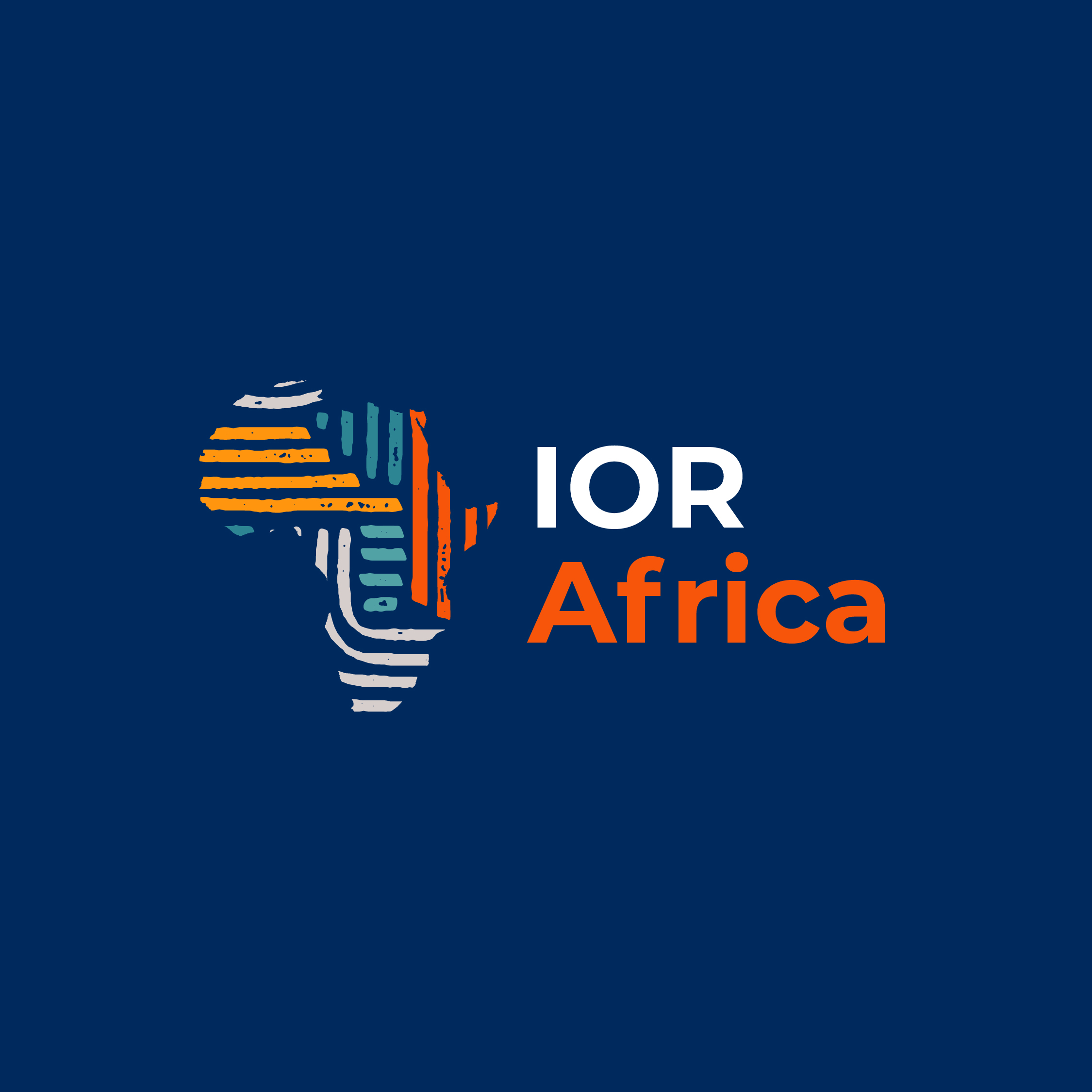
Importer of Record and Exporter of Record - IOR EOR Shipping
Importer of Record (IOR)
Exporter of Record (EOR)

IOR meaning in shipping refers to the entity or individual legally empowered to import goods into a specific country. This Importer of Record is tasked with obtaining all required permits and licenses, managing the essential legal documentation, ensuring prompt payment of import taxes, and adhering to local customs and trade regulations. For a more detailed overview, check out our guide on understanding Importer of Record compliance.
EOR meaning in shipping refers to a legal entity responsible for overseeing the entire export process to ensure goods reach their destination safely and in compliance with all regulations. This includes managing essential legal documents, ensuring adherence to export requirements, and handling all applicable taxes. Discover how EOR simplifies cross-border trade by streamlining these complex procedures and facilitating smoother international transactions.
Differences between Importer of Record and Exporter of Record (IOR vs. EOR)
Aspect | Importer of Record (IOR) | Exporter of Record (EOR) |
|---|---|---|
Primary Role | Ensures imports comply with the destination country’s regulations. | Ensures exports meet the origin country’s laws and international standards. |
Responsibility | Handles customs clearance, duties, and import documentation. | Manages export permits, documentation, and compliance with export controls. |
Focus | Import compliance in the receiving country. | Export compliance in the shipping country. |
Documentation | Import licenses, customs declarations, and tax payments. | Export permits, licenses, and certificates. |
Responsibilities of IOR/EOR Services
The EOR is responsible for export documents like declarations, commercial invoices, export permits, and packing lists, while the IOR manages import documents such as bills of lading, certification of origin, and import licenses.
Can the Exporter be the Importer of record?
The exporter can be the importer of record in certain situations where the buyer is unable to manage the import process, such as lacking the necessary knowledge or resources to handle customs and compliance. This can also occur if the exporter has operations or a legal presence in the destination country, making it easier to manage the import process. If the exporter offers DDP (Delivery Duty Paid) terms, they automatically take on the IOR responsibility, handling duties, taxes, and compliance.
Additionally, if goods are being sent to the exporter’s warehouse or a third-party facility in the destination country or when special permits are required, the exporter may assume the IOR role to streamline the process and ensure compliance. This arrangement allows businesses to maintain control over the entire import process, offering a smoother experience for both parties.
Benefits of IOR EOR Services by IOR Africa
- Cost SavingIOR Africa minimizes unnecessary expenses by managing logistics and compliance effectively, ensuring cost-effective operations.
- Expertise across IndustriesWith experience in IT, tech, and other sectors, IOR Africa tailors its services to suit your business’s specific needs, ensuring a smooth shipping experience.
- Accurate ComplianceIOR Africa ensures your shipments meet all legal requirements for imports and exports, reducing the risk of delays, penalties, or non-compliance issues.
- Documentation HandlingFrom import permits and certificates to export declarations, IOR Africa handles all the necessary paperwork so you can focus on your core business.
- Minimizing the riskWe reduce compliance risks in trade and customs by ensuring accurate documentation, adhering to regulations, and leveraging expert knowledge for smooth operations.We reduce compliance risks in trade and customs by ensuring accurate documentation, adhering to regulations, and leveraging expert knowledge for smooth operations.

Discover how IOR Africa can assist you with your import/export needs
Struggling with the complexity of international trade? Between navigating intricate regulations and managing endless paperwork, importing and exporting can be daunting. At IOR Africa, we alleviate these challenges by offering Professional IOR solutions and Trusted EOR support that take care of everything—from customs compliance to documentation. With our expert assistance, you can focus on growing your business while we handle the details.
If you’re tired of the hassle, let us take the weight off your shoulders. Fill out the form and get expert help with your IOR and EOR needs across Africa and the Middle East. Let’s make your global trade journey smoother and more efficient!
